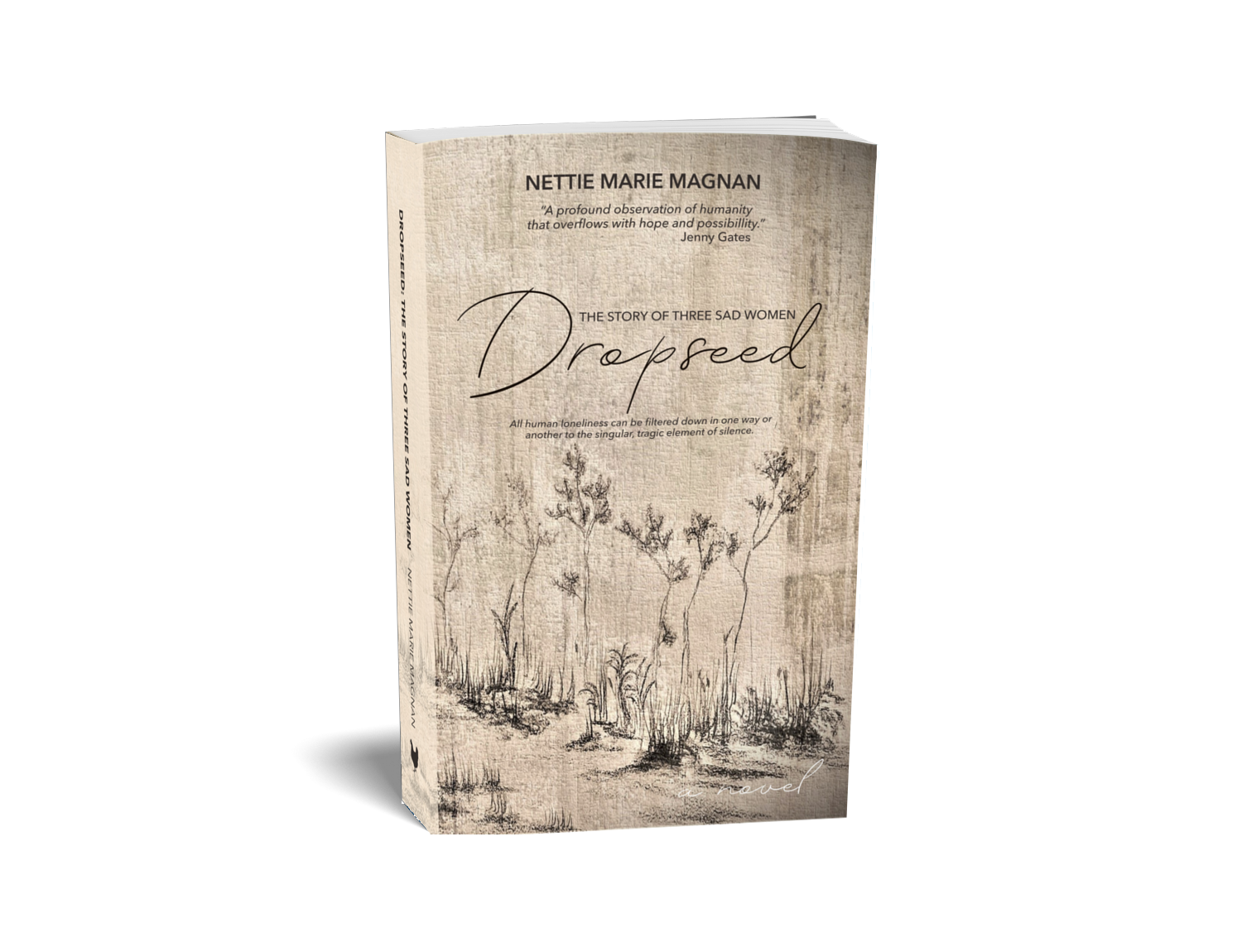Nettie Marie Magnan is a writer turned nurse, turned writer again. Raised on the vast and rural prairie landscape that inspires her stories, it wasn’t until years of nursing that she felt compelled to write about loss, hope, the complexities of human relationships, and the beauty and torment and strangeness of being alive. Stories with a healthy mix of melancholy and optimism are the ones she’s always been drawn to, after all.
When she’s not busy working as a nurse or writing sad but optimistic tales, she can be found sketching the pretty elements of the prairie landscape, spending time with her family and cats, failing at both gardening and cooking, and as a lover of antiques, she enjoys volunteering at a local heritage museum.
“...perhaps their unhappiness is merely a continuance of the endless, ancient stories of sadness, the same kind that has preyed upon centuries of minds — lost fortunes, failures, unrequited love, disconnection, undeserved illness, or nameless pain of any kind. There is nothing new about wanting to hang a veil between sadness and sober conscience. If her mother’s chosen veil was alcohol, then hers must be art.”
“It’s a peculiar thing...that the true origin of one’s desire to create, the initial kindling of inspiration, that first generative seed, is always more or less unknown. The source of one’s creativity seems to evade a clear-cut understanding. No clear analysis can be made. It’s too subjective, too multifaceted. An artist can recount their reasons for what might have given them the idea to paint, sing, or write about this thing or that, but it remains a mystery how one person can experience the strange, inexplicable wave that leads to an idea, and then is pushed further by an impulse to pick up a tool and give birth to that idea, while another person, simply, cannot. ”
“...she didn’t realize until she was an old woman what she would have been better off realizing in her youth — that if she set her heart on being content, she could achieve it quite easily.”
“All human loneliness can be filtered down in one way or another to the singular, tragic element of silence...”







